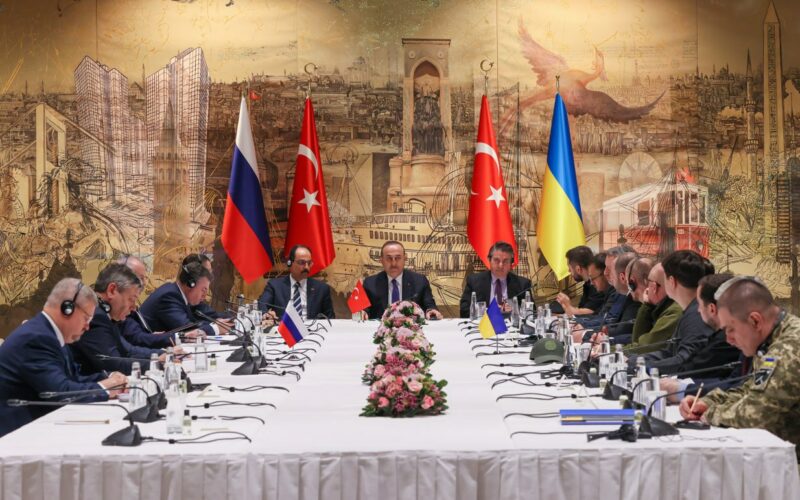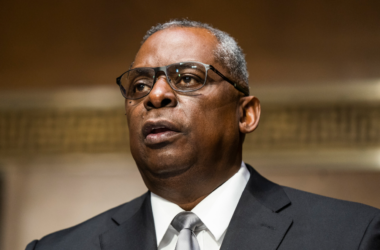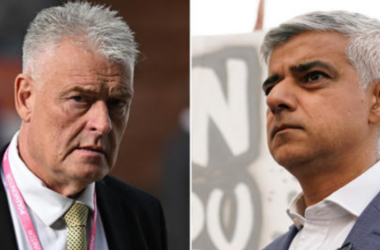As the conflict in Ukraine drags on with no end in sight, a significant shift in public opinion is emerging. Recent polls indicate that 44 percent of Ukrainians now believe the time has come to engage in dialogue with Russia, marking the highest level of support for peace talks since the full-scale invasion began. This change in sentiment reflects the harsh realities on the ground and the growing weariness among Ukrainians who have endured relentless violence, displacement, and loss over the past two years.
For many Ukrainians, including those like Oleksandr Antybysh, a volunteer serviceman from Chernihiv, the idea of peace negotiations is not outright rejected but is contingent on several key conditions. These include the restoration of Ukraine’s internationally recognized borders, the banning of Russian military exercises near Ukraine, and full reparations for the damage caused by the war. However, given the current state of the conflict, with Russia advancing in southeastern Ukraine and Kyiv launching daring counterattacks, the prospect of such conditions being met seems distant.
Despite these challenges, there are signs that Ukrainian leadership is beginning to consider the possibility of peace talks. President Volodymyr Zelenskyy has cautiously broached the topic, suggesting that Russia be invited to future rounds of peace summits. His recent remarks about the potential role of diplomacy in resolving the conflict highlight a growing recognition that a purely military solution may not be feasible.
The shift in public opinion towards peace talks can be attributed to the immense toll the war has taken on the Ukrainian population. The daily reality of air raid sirens, power outages, and the loss of loved ones has left many war-weary and eager for an end to the violence. The recent poll showing 44 percent of Ukrainians in favor of negotiations is a stark contrast to just a year ago, when optimism about a Ukrainian counteroffensive was high and only 23 percent supported talks.
However, the road to peace is fraught with obstacles. Many Ukrainians remain deeply skeptical of any negotiations that could lead to territorial concessions. The prospect of ceding land to Russia, especially after so much blood has been shed, is a bitter pill that many are unwilling to swallow. This sentiment is echoed by individuals like Hannah, a mother from Zaporizhia, who vehemently opposes any territorial compromises, fearing that they would only embolden Russia’s ambitions.
The biggest hurdle to peace talks remains the seemingly irreconcilable demands from Moscow. Russia insists on Ukraine recognizing the annexation of Crimea and the occupied territories in eastern Ukraine, along with a pledge not to join NATO. These conditions are unacceptable to Kyiv, which continues to insist on the return of all occupied territories as a prerequisite for any peace deal.
As the conflict grinds on, military experts warn that Ukraine faces the prospect of a long and grueling war unless it can secure more robust arms and ammunition supplies and enact a broader mobilization of its population. Without these measures, Ukraine may be forced to confront a future under Russian domination—a scenario that is unthinkable for most Ukrainians.
In conclusion, while there is a growing momentum for peace talks in Ukraine, the path forward is uncertain and fraught with challenges. The Ukrainian government and its people must navigate the delicate balance between seeking peace and safeguarding their sovereignty. The international community’s role in supporting a fair and lasting resolution to the conflict will be crucial in the months ahead.








